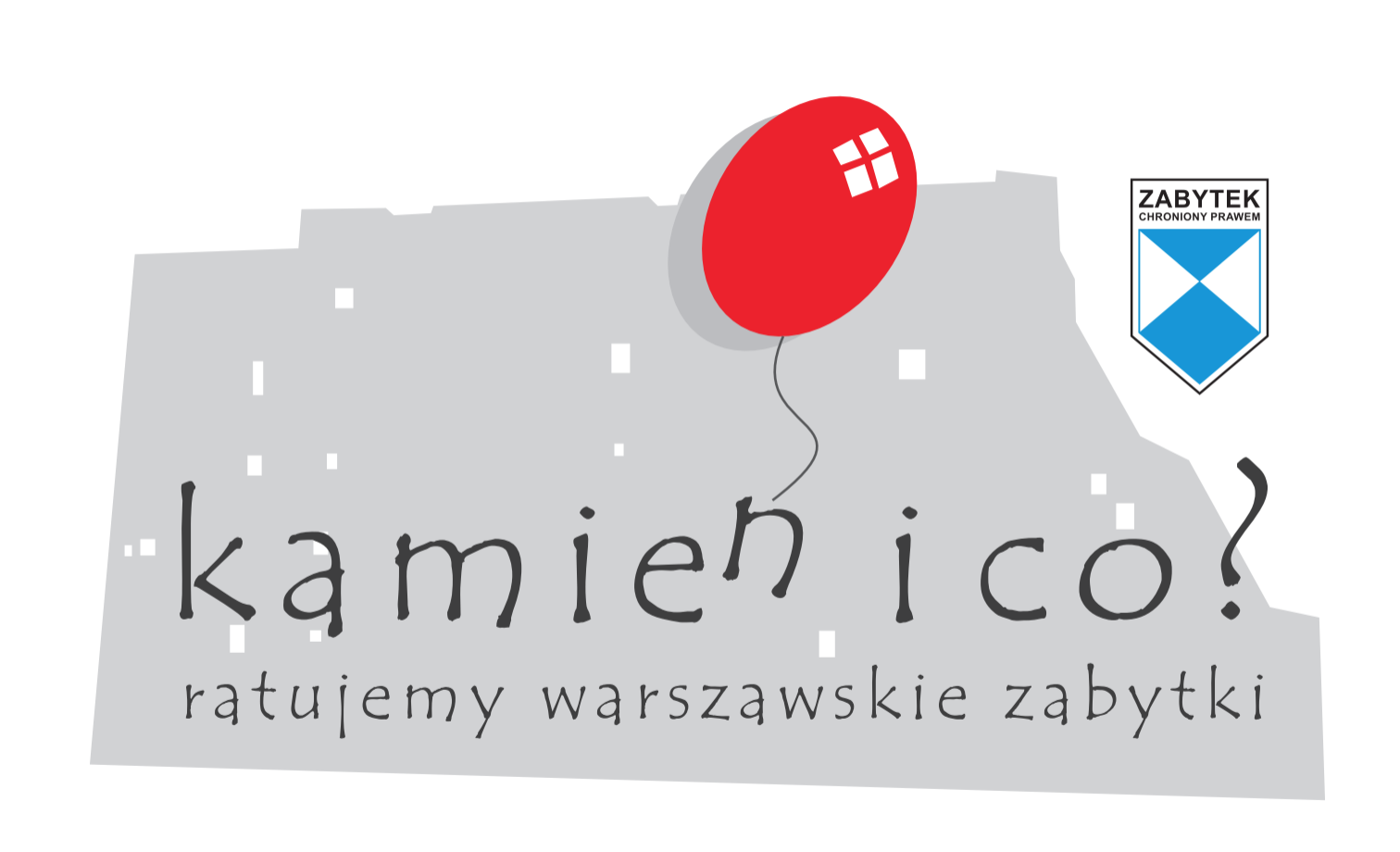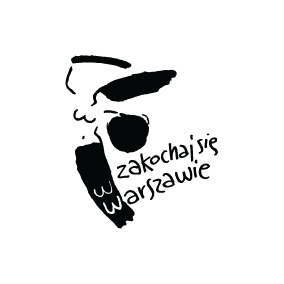
Union of Jewish Stage Artists
2 Leszno Street
Autumn and winter of 1918 – so much is happening in Warsaw! World War I and the German occupation come to an end. On 10 November, Józef Piłsudski sets about forming a new Polish government, and an independent state is being created, with Warsaw as its capital. At the same time, Warsaw’s "wandering stars" go on strike and organize a trade union.
How to Live?
“Wandering Stars” is a poetic name given to actors in Jewish theatres by Sholem Aleichem.
Precarious employment, unclear methods of settling the costs of production, and calculating
fees were part of their everyday life, as well as employing amateurs and random people
deprived of artistic talents, but with lower financial expectations – the backstage reality of
theatre was much more mundane. No wonder, then, that on the eve of independence, an actor
strike broke out in Warsaw.
In the artistic season of 1918/1919, there were protests against harmful practices in the labour market and employment conditions offered by the directors of all three Jewish theatres operating at that time: “Central”, “Venus” and “Elysium”. The first strike organised by Jewish actors on Polish soil was broken, because theatre directors managed to hire actors, ignoring the demands of the union. The members of the initiative group remained unemployed but managed to survive a difficult season by establishing an artistic collective.
In 1919, the Union of Jewish Stage Artists was recorded in the registers of the Ministry of Labour and Social Welfare. The artistic organisation operated throughout the interwar period, although its name was often modified – the final version in Yiddish was Jidiszer Artistn Farajn. The tasks of the union included, among others: protection of employee rights, self- help, and focusing on the development of the Jewish theatre, as well as raising its artistic level. What was the connection between Mieczysław Weinberg's family and Jidiszer Artistn Farajn?

Dreaming of the Stage
Mieczysław's father was an active member of the union since its founding meeting, which
took place in the hall of the “Central” theatre at Leszno Street. He was a member of the
committee examining candidates for new trade unionists, and since there was no Jewish
drama school in the interwar period, the status of a member of the union was equivalent to
confirming professional qualification. Creating a staff of professional Jewish stage artists was
one of Jidiszer Artistn Farajn’s missions.
And so, at the age of 17, I left home and began wandering. In 1899, the theatre ensemble led by a man named Sabsey arrived in Kishinev [...], and after a rather unsuccessful performance, Sabsey decided to include me in the ensemble. Fortunately, I was versatile. I worked as a violinist, conductor, choirmaster, actor, property manager, and prompter. And for all of this, I only earned fourteen kopecks a day – this is what we lived on. After having spent some time with the troupe, I began conducting for Feldman, and then I went back to Sabsey again, this time as a conductor
– this is how Shmuel remembers the beginning of his career in Zalmen Zylbercweig's “Lexicon of Yiddish Theatre".
As a teenage pianist, Mieczysław Weinberg was well known among the Warsaw bohemia – he worked as an accompanist to the stars and performed in the best gastronomic and entertainment venues of the city.
Stage Career at a Time of Crisis
Among the organisation’s documents certificates issued to "Samuel Weinberg" can be found,
confirming his status as an affiliated Jewish artist. He needed these documents during periods
of unemployment and lower earnings. He experienced work problems between October 1925
and May 1926, i.e. after the closure of the “Central” theatre and before the opening of the
“Scala” theatre. Another, longer period of financial difficulties occurred in 1933.
In 1936, Jidiszer Artistn Farajn issues a certificate of income to Mieczysław's father, which he submitted to the Warsaw Conservatory of Music. According to the document, he earned less than 35 zlotych per week. Therefore, it seems that despite the joint efforts of the father and son, the Weinbergs did not always manage to maintain financial stability. What could be purchased for that amount?
Retail prices of first-demand items in the largest cities: Warsaw 1937: sourdough rye bread – 0.35 zloty/kg; wheat flour – 0.57 zloty/kg; potatoes – 0.11 zloty/kg; milk – 0.28 zloty/litre; butter – 3.62 zloty/kg; eggs – 1.80 zloty/kg; sugar – 1 zloty/kg.
“Demographic Yearbook of Poland 1939”.
Tickets for 2 Leszno Street
Since its foundation, Jidiszer Artistn Farajn operated at the same address, in the now non-
existent Karol Martin tenement house, exactly at the corner of the busy intersection of the
Leszno and Przejazd Streets (now: the Solidarności Avenue and Anders Street) The remaining
photographs show a classicistic, three-storeyed building with a large, well-lit garret. The
tenement house was built at the end of the 18th century. During the interwar period, apart
from the trade union of Jewish actors, library, and club, there were numerous shops there,
whose trade signs can be seen in the pictures, as well as the “Riviera” cinema, later renamed
to “Era” (situated in the courtyard).
In the 1930s, the restaurant was opened by the well-known Jewish restauranteur Isaac Gartner – the owner of several cafés and dance bars in the city centre, on Marszałkowska Street. Bar Central is where one could i.a. buy tickets for theatre performances.
Wartime Fate of the Tenement House in Leszno
During World War II, the tenement house was incorporated into the ghetto. The trade union of
artists ceased to exist, and a self-help cafeteria was created at its premises, managed by former
union men. Whereas next door, in a spacious venue of former Gartner's restaurant, the
“Sztuka Café” was opened, later considered to be one of the most important places of musical
and theatrical life in the Warsaw Ghetto. It was in the Sztuka Café where Wiera Gran
performed to the accompaniment of pianists Władysław Szpilman and Adolf Goldfederer. On
the premises, you could also listen to the cabaret “Living Diary” about everyday life under the
Nazi occupation. Władysław Szlengel was its co-founder and main lyricist. The tenement
house was destroyed, and its burnt-out walls were disassembled after the war, during the
construction of the W–Z route.








